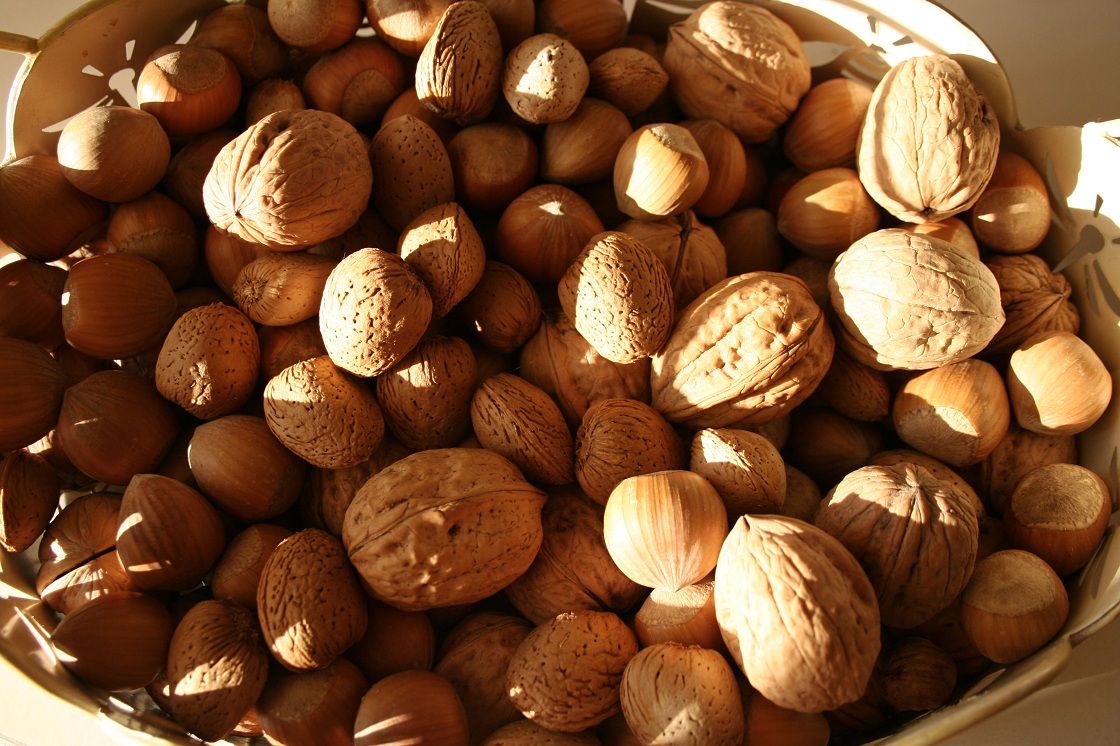Canadians trying to keep heart disease, diabetes and other health problems at bay have a tasty solution: try to incorporate nuts into your daily diet, new research suggests.

Canadian doctors at St. Michael’s Hospital say that eating tree nuts, including almonds, cashews, walnuts and pistachios, could help to lower triglycerides and blood sugars in your body.
A single serving a day — about 30 to 50 grams — is enough to reap the benefits.
“Nuts are certainly a complete food and need to be given their rightful place in a healthy diet. There is room for people to be able to increase their nut intake and take advantage of these benefits,” Dr. John Sievenpiper told Global News.
So why aren’t consumers eating them? They’re expensive, for starters, but Sievenpiper suggests that Canadians are also hesitant because nuts are high in calories and fat. He’s hoping to dispel that negative thinking.
READ MORE: Why are nuts good for you and how much should we eat?
“We didn’t see any increase in weight or belly fat…the calories that are labelled on tree nuts may not be the calories that you actually metabolize,” he explained.
“Nuts are a great source of healthy unsaturated fatty acids and these are generally the healthiest of fats. You have to think about quality and not just quantity.”
Sievenpiper is a doctor and scientist at St. Michael’s nutrition centre.
His research is the second in a series of findings on various foods and their effect on heart health in his Canadian Institute for Health Research-funded project. The research is slowly being trickled out – in April, his findings on beans, legumes and chickpeas were published.
READ MORE: Why you should eat beans, lentils and peas to lower bad cholesterol
This time around, Sievenpiper and his team conducted what they say is the first systemic review that looks at all of the evidence on the benefits of eating nuts.
They screened about 2,000 articles and whittled them down to 49 high-quality randomized control trials. They zeroed in on metabolic syndrome in about 2,000 people. You’re considered to have metabolic syndrome if you have three of the following risk factors: low levels of “good cholesterol,” high blood fats known as triglycerides, high blood pressure, high blood sugar or extra weight around the waist.
The meta-analysis found that the biggest reductions in triglycerides and blood sugar levels were seen when people replaced refined carbohydrates — white bread, crackers and starchy snacks — for nuts.
READ MORE: Study ties nuts to a lower risk of death, including from heart disease or cancer
It also helped if the nuts were replacing saturated fats, particularly from animal protein. Sievenpiper suggests they’d make a great alternative to meat.
It was across the board for all tree nuts, too: almonds, Brazil nuts, cashews, chestnuts, hazelnuts, pecans, macadamia nuts, walnuts, pine nuts and pistachios are examples.
Peanuts were not included — they’re considered legumes.
Thirty grams is only about one quarter of a cup. Sievenpiper says that should be easy to work into your daily diet.
His next steps include looking at other meat alternatives, including soy. His findings were published in the journal BMJ Open.
carmen.chai@globalnews.ca
Follow @Carmen_Chai


Comments